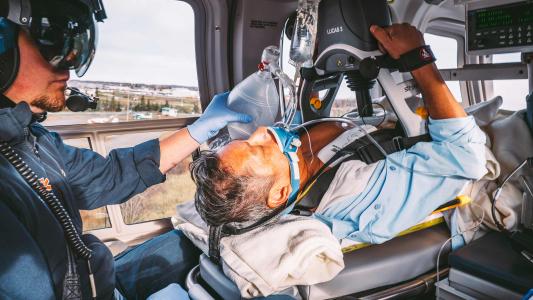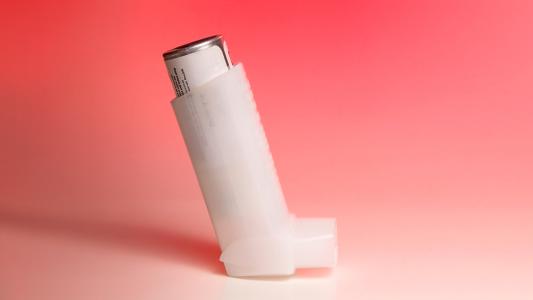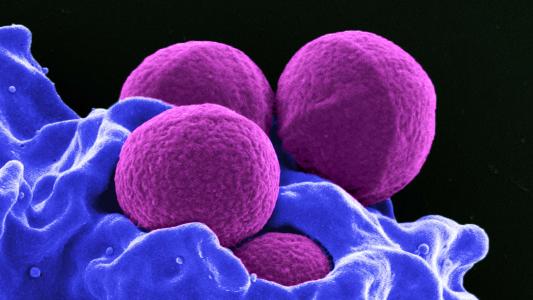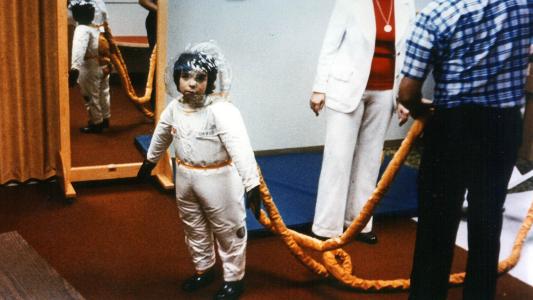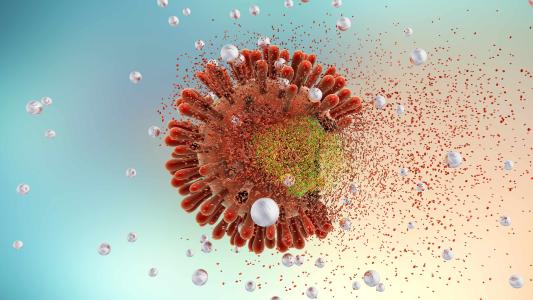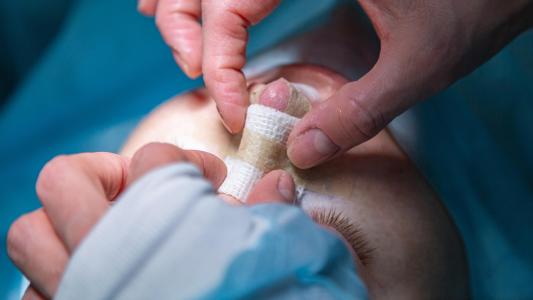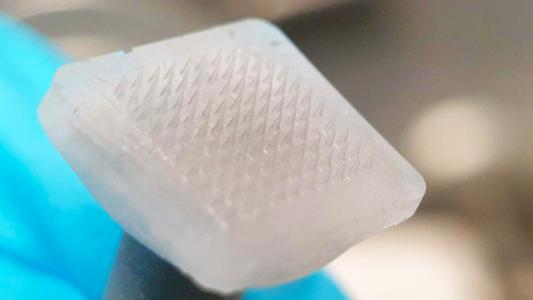Medicine
Robot paramedics are bringing mechanical CPR to the UK
An English ambulance service has begun using robot paramedics to deliver mechanical CPR to patients.
The first steps towards an allergic asthma vaccine
French researchers have shown an allergic asthma vaccine to be effective in mice. The next step: human clinical trials.
Can new drugs make obesity a medical — not moral — condition?
Researchers are hopeful that a class of drugs called incretins will not only treat obesity, but help people think of it as a medical condition.
These glowing bacteria can diagnose gut problems
Using synthetic biology, a team at Rice has designed bacteria that can sense signs of inflammatory bowel disease in mice.
Molecular "tweezers" pick apart bacterias' biofilm
Israeli researchers have developed a set of “molecular tweezers” that can pick apart the biofilm which protects some bacteria.
Gene therapy appears to cure “bubble boy disease”
A new gene therapy designed to treat children with ADA-SCID, a form of “bubble boy disease,” was incredibly successful in trials.
How a smartphone app is helping suppress HIV
An HIV app that uses gaming elements to motivate people to stick to their ART regimen was able to increase viral suppression in a small study.
3D-printed nose cartilage may someday fix your face
Researchers have developed a way to bioprint nose cartilage that they hope will one day minimize the need for invasive harvesting from the ribs.
Icy microneedle patch delivers cell therapy, then melts
A new microneedle patch features needles made of ice instead of traditional materials, making it suitable for cell therapy delivery.
Oxford malaria vaccine is 77% effective in young children
A malaria vaccine developed by Oxford University was 77% effective at protecting children during a phase 2 trial in Africa.
